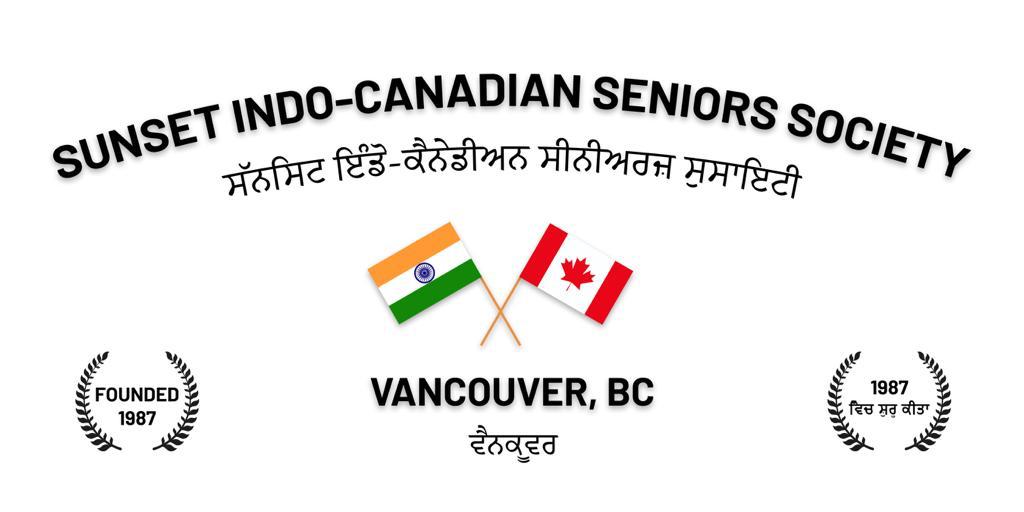By Zile Singh
The Society celebrated India’s Independence Day on August 17, from noon to 2.30 PM. About one hundred members and non-members participated. Adozen speakers spoke about various aspects of freedom. The programme started with the singing of the National Anthem and observing a one-minute silence in memory of the fallen heroes at the altar of freedom. The ex-servicemen who were present in the audience were recognized for their contribution in maintaining peace and security at the borders during their heydays.
Freedom is a dawn in the life of any nation. About life, it is said, ”It is easy to conceive, difficult to deliver.” It applies to an idea as well. The idea of independence or freedom from the British rule was conceived by our ancestors about a hundred years before 1947. The year 1857 is one such milestone in India’s freedom struggle. After violent and non-violent means the idea bore fruit on August 15, 1947. There was skepticism whether the transition from colonial to home rule would be smooth and peaceful. The nation had to pay a heavy price in the form of partition of India. Pakistan – a new country was born. Gruesome incidents of massacre of thousands and thousands of men, women, and children- both Hindus and Muslims, at various places took placebecause of the partition.

Freedom is the most aspired aspect of life for every living being. Even animals, birds and insects strive for freedom. Nobody wants to be imprisoned, bound, tied and trampled down unduly.Some speakers narrated their personal painful stories of the partition. One of the speakers quoted Bhagat Ravidass and his utopia of Begumpur where all can live in happiness and harmony free from hunger and disease on the basis of equality, liberty, and fraternity. The important developments in all fields during these 76 years of independence were also highlighted. One person mentioned the growing polarity in society on the basis of religion, region, and caste. A step-motherly treatment given to the State of Punjab by the Union at different times was also mentioned.
One speaker spoke thus: India has not only the largest population; its Diaspora also is the largest in the world. More than twenty-two million Indians live abroad, approximately two million in Canada alone. Number wise Ontario, British Columbia, and Alberta fall in line. During 2022, about 1.4 lakh Indians landed in Canada as Permanent Residents. In the next three years, 1.5 million new immigrants from India will arrive in Canada. In 2022, about 60,000 Indians became Canadian citizens. It is a matter of pride that in 2022, Indian diaspora remitted $100 billion to India.

The speaker further elaborated that in addition to contributing to the economic development of India, the diaspora can play a significant role in influencing the foreign policies of both India and Canada. It is possible by participating in the political process here and upholding the sovereignty and integrity of India. International relations can be marred by the interference in the internal affairs of one country by the citizens of another country. Also, non-abidance of local laws by the diaspora brings bad name to the ancestral country. A well-known speaker and columnist expressed concern about the increasing criminal activities of the Indian diaspora in Canada.
Finally, “Live and let live” is freedom. Freedom has responsibility. Without responsibility and reasonable restrictions, freedom can turn into anarchy.















